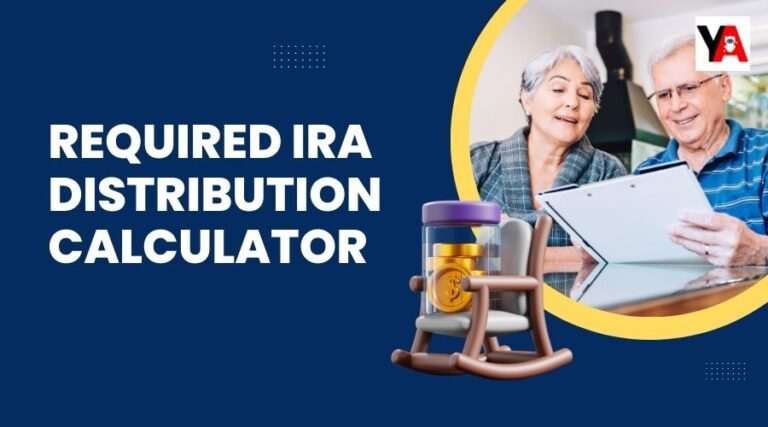In the complex world of personal finance, mastering the art of Budgeting for Beginners is a fundamental step toward achieving financial stability and securing your financial future. This comprehensive guide is tailored for beginners in the United States, providing practical insights and actionable tips on budgeting to empower you on your journey toward financial well-being.
Table of Contents
ToggleWhy Budgeting for Beginners is Important?
Budgeting is not just about restricting spending; it’s a strategic plan for managing your money effectively. As a beginner, the first step is to understand the significance of budgeting. It’s the tool that enables you to take control of your finances, allocate resources wisely, and work towards your financial goals.
1. Grasping the Basics of Budgeting
Assessing Your Financial Situation
Begin by evaluating your financial landscape. Identify your sources of income, including your salary, freelance work, or any additional streams of revenue. Understanding your income is the foundation for building an effective budget.
Tracking Your Expenses
Categorize your spending into fixed and variable expenses. Fixed expenses, such as rent or mortgage, utilities, and insurance, are consistent month-to-month. Variable expenses, on the other hand, include discretionary spending on non-essential items like dining out, entertainment, and impulse purchases.
2. Creating Your First Budget as a Beginner
Allocating Funds Wisely
Now that you’ve identified your income and categorized your expenses, it’s time to create a realistic budget. Allocate a specific portion of your income to each expense category, ensuring a balance between necessities and discretionary spending. This process forms the basis of financial discipline.
Emergency Fund Essentials
Establishing an emergency fund is a crucial aspect of budgeting. Allocate a portion of your income to build a financial safety net, providing peace of mind for unexpected expenses such as medical emergencies or car repairs.
Tackling Debt
Considering budgeting for beginners, managing existing debts is a priority. Prioritize high-interest debts and incorporate a debt repayment plan into your budget. Explore debt consolidation or refinancing options to make your repayment journey smoother.
3. Leveraging Technology for Effective Budgeting
Budgeting Apps and Tools
Take advantage of technological advancements by using budgeting apps and tools. Apps like Mint, YNAB (You Need A Budget), and Personal Capital can link to your accounts, track spending in real time, and help you set and achieve financial goals.
Automation and Alerts
Explore automation features offered by banking and budgeting apps to streamline your financial management. Set up alerts for overspending or upcoming bills to stay on top of your budgeting goals effortlessly.
4. Maintaining and Adjusting Your Budget
Regular Review
In budgeting for beginners, a budget is a dynamic tool that requires regular review. Schedule time each month to assess your budget’s effectiveness and identify areas for improvement.
Adjusting to Life Changes
Embrace the fluidity of life by keeping your budget adaptable. Whether it’s welcoming a new job, enjoying a salary boost, or navigating significant life events, staying flexible is the cornerstone of achieving enduring success in your long-term budgeting endeavors.
Final Words
So, budgeting for beginners is a transformative journey toward financial empowerment. By understanding your financial situation, tracking expenses, creating a realistic budget, building an emergency fund, managing debt, and leveraging technology, you can take control of your finances. Regularly reviewing and adjusting your budget ensures that it remains a dynamic and effective tool on your path to financial well-being. Remember, budgeting is not about restriction; it’s about empowerment and achieving your financial goals with confidence.
Frequently Asked Questions
Start by tracking your income and expenses. Create a proper listing of all income sources and divide your spending. This gives a clear picture of where your money goes.
It’s a simple budgeting guideline. Allocate 50% of your income to necessities, 30% to wants, and 20% to savings or debt repayment. It helps maintain balance in your financial life.
Identify your income, list monthly expenses, allocate funds for necessities, set aside for wants, and prioritize savings or debt repayment. Regularly review and adjust as needed.
- List income sources
- Identify expenses
- Categorize spending
- Allocate funds wisely
- Regularly review and adjust
The best rule is one that fits your lifestyle. 50-30-20 is popular, but personalization matters. Find a rule that aligns with your goals, whether it’s saving for a trip or paying off debt.
Share









